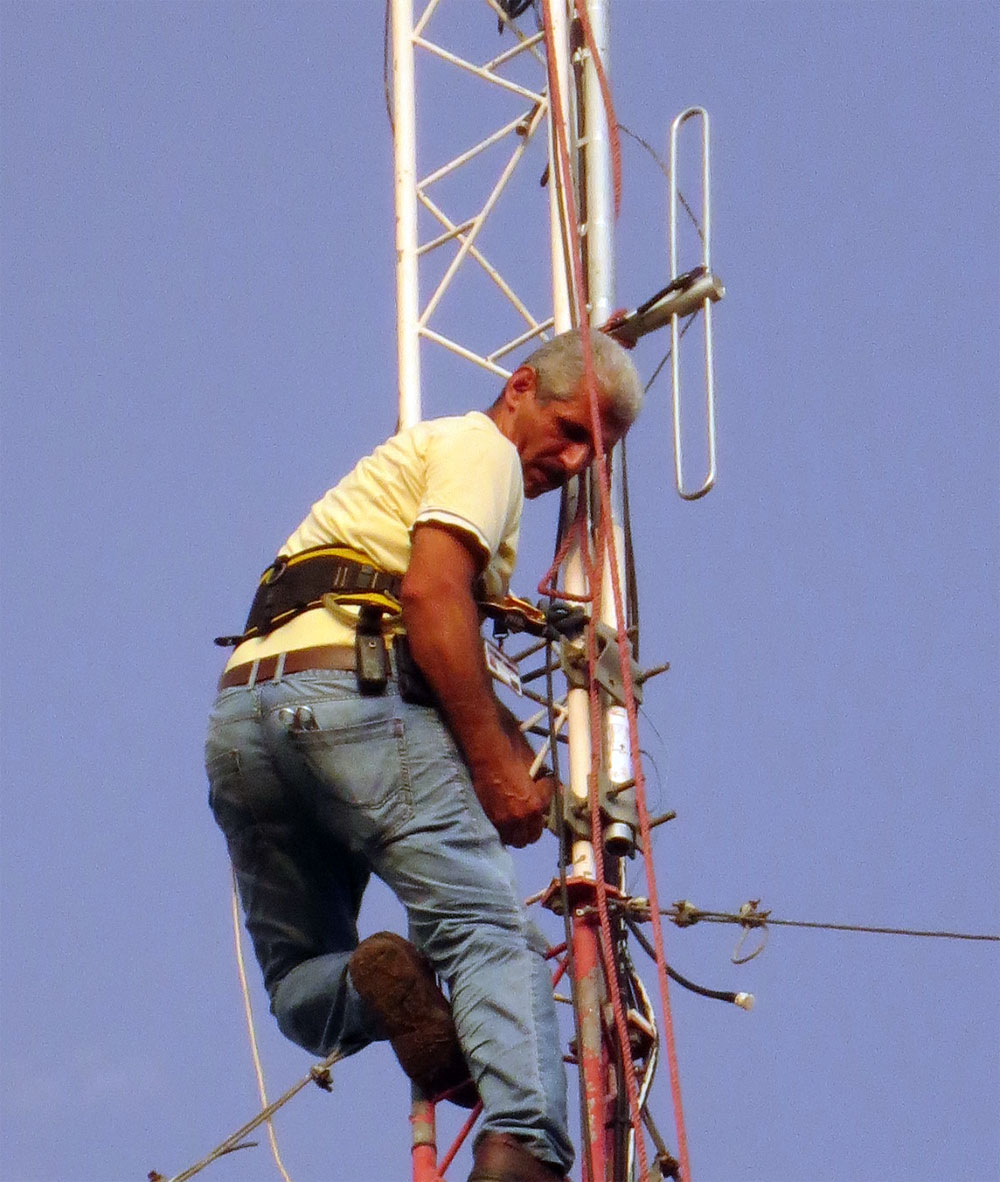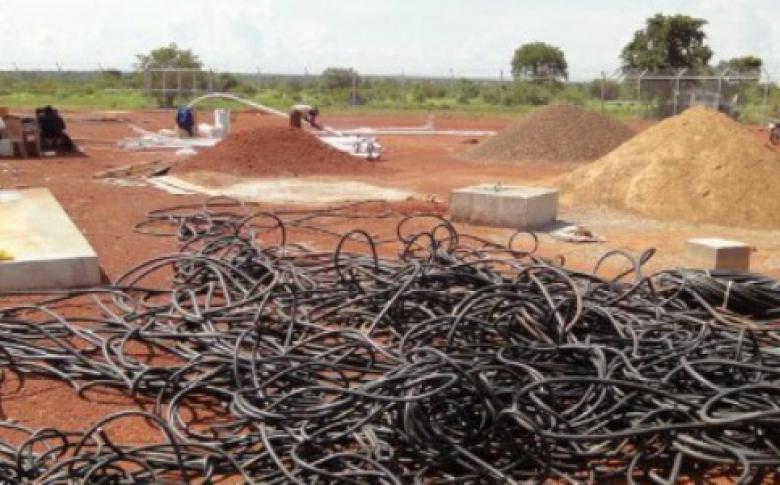
Our Commitment

JUBA - IRNA. A completely new acronym to me. It means Initial Rapid Needs Assessment. Here in South Sudan, this is basically where a team of humanitarians from different organisations gets airlifted by helicopter to the middle of nowhere to speak with local communities to understand what they need to stay alive. One of these IRNAs is taking place this weekend. For this one, the closest landing site is about a two hour hike from where the community resides.
With the rainy season well under way here, and the ground across the country dissolving into rivers of mud, that ain't gonna be a walk in the park. As one of my colleagues said, you could list pretty much any essential item and the remote communities here won't have it, starting off with food. An estimated 3.9 million people across South Sudan are projected to be in emergency or crisis level of food insecurity between June and August this year.
A Global Cluster Coordinator meeting is going to be held here in Juba. The purpose of the meeting is: To support the effective, efficient and sustained scale-up of humanitarian operations in order to meet the increasing needs of South Sudanese affected by the current crisis. In other words, PLEASE HELP US.

As I write this, me and so many other humanitarians around the world are already on emergency deployments, but are also receiving alerts about crises in Mali, Central African Republic(C.A.R.), Pakistan, Syria and now Iraq and Gaza. With so many concurrent emergencies, to say that the financial - and human - resources of humanitarian organisations are stretched thin, is a massive understatement.
Like Mali, C.A.R. and even Pakistan to a certain extent, the South Sudan operation is suffering from a lack of visibility. As we see time and time again, emergencies that are out of sight, are out of mind and don't receive the same attention from the international community. How do you prioritise operations though? How do you tell the 3.9 million hungry people here that the international community is focusing their attention on other disasters right now?
You don't. You buckle down and do whatever you can to provide those communities with the most effective humanitarian response possible. If that means hiking for two hours through mud for an IRNA; camping in the open for a month as part of the mobile distribution teams; severely rationing your food because the next flight carrying supplies may not be able to land in the sludge; or running for your life when you get caught in the cross-fire, then so be it. We are here to help. This is what we do. And this is our commitment to the people of South Sudan.
By Mariko Hall, deployed as ETC Co-Coordinator, South Sudan